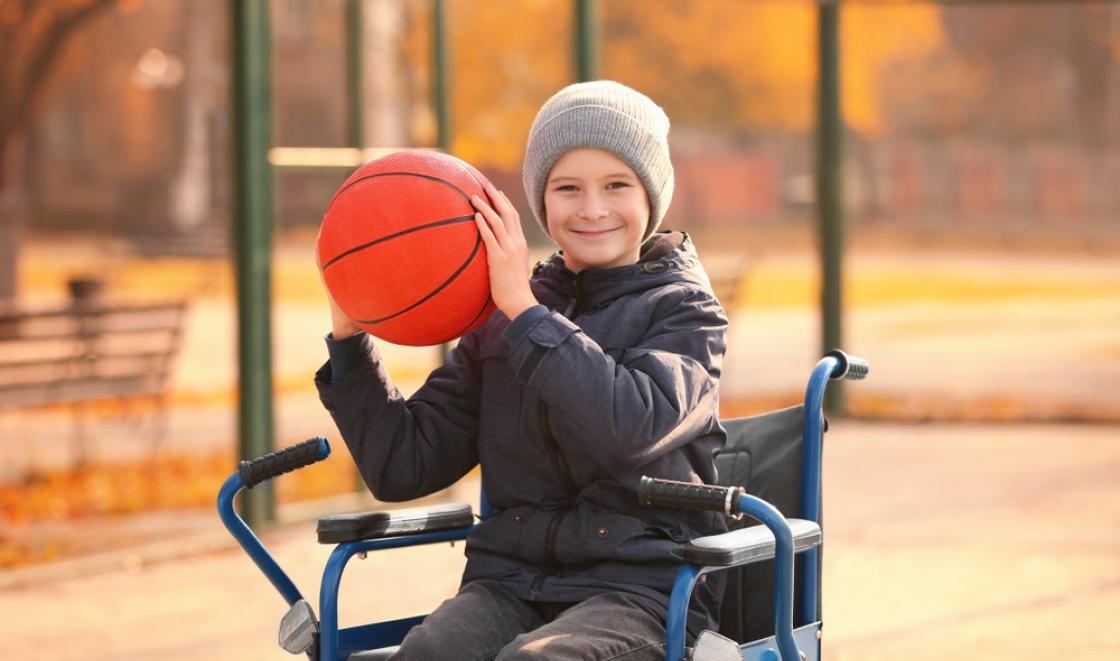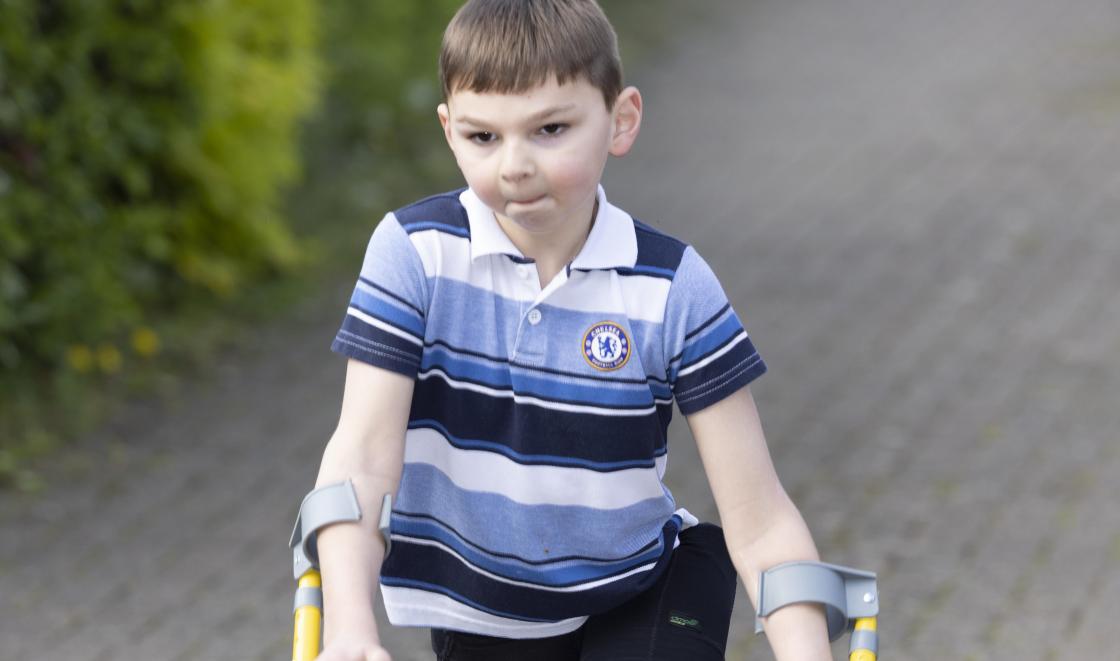Aim of this research
The aim of this research project is to identify the access and provision of rehabilitation services for children with complex needs across south-east England, focusing on south London, Kent, Surrey and Sussex.
How will it be carried out
The research will be carried out over two phases. The first phase will aim to understand what rehabilitation services are being provided, where there are examples of good practice, and where there is unmet need. As part of this initial research phase, the researchers will:
- Analyse existing data sets across the region
- Collate information on the lived experience of children, young people and families
- Engage with service providers and commissioners to understand what resources are available
- Identify services provided and map the workforce
- Gather examples of good practice
The researchers will develop a synthesis of the current state of rehabilitation services across the region, examples of good practice, and priorities for improving equity of access to quality services from the perspective of service users, providers and commissioners. This first phase is expected to complete in January 2024 and will inform the second phase of the research, the development of a proposed model of rehabilitation, delivered at Integrated Care System (ICS) level.
Our collaborators
The researchers are working with the South Thames Paediatric Network, the Institute of Women’s and Children’s Health, King’s College London, the Evelina London Children’s Hospital, and with children’s acute, and community and specialist services across south London, Kent, Surrey and Sussex. This includes allied health professionals, clinical staff and managers, patients and families.
Support from the Tony Hudgell Foundation
This project is funded by the Evelina London Charity and the Tony Hudgell Foundation. Tony Hudgell (pictured below) is a 7 year-old boy and an award-winning fundraiser, who endured life-changing injuries at six weeks old. His lived experience and the breadth of healthcare needs he has, is an illustration of the importance of timely access to rehabilitation and habilitation, to help children and young people live the best life possible.
Read more about Tony Hudgell’s mission and fundraising activities.


